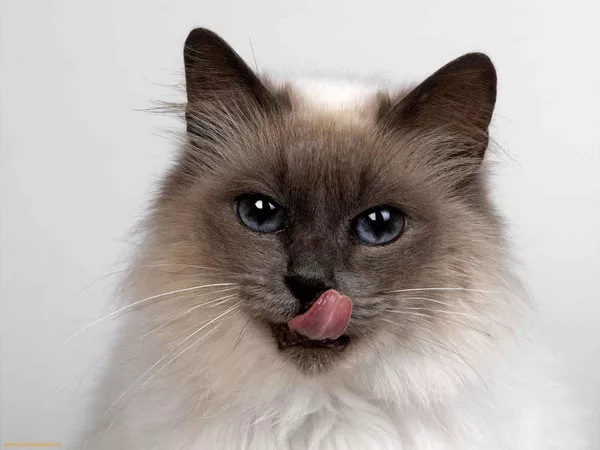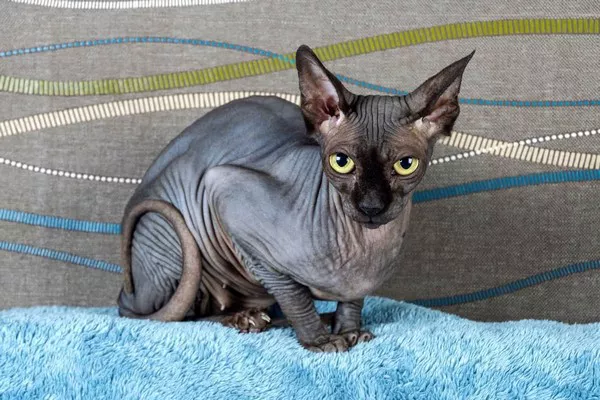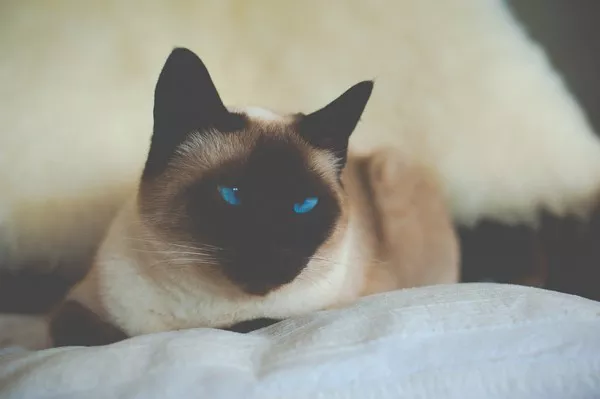Fort Worth, Texas – Kobe, a resilient 14-year-old tabby, has faced many challenges, from a rough start as a kitten to a significant weight loss journey. Recently diagnosed with chronic kidney disease, Kobe’s owner, Gabrielle Sakel, feared for his well-being. However, his participation in a clinical trial at the Texas A&M Small Animal Teaching Hospital (SATH) has provided a promising turn of events.
Sakel, who found Kobe at the age of 8 beside a Fort Worth highway, described him as a “little beefcake” with a tough exterior. Despite Kobe’s health hurdles, including weight reduction from 28 pounds to 12, he has been Sakel’s constant companion through her high school and college graduations, as well as her entry into a medical science master’s degree program.
Last summer brought the challenging diagnosis of chronic kidney disease for Kobe, a condition that typically shortens a cat‘s life expectancy. Sakel, determined to find a solution, enrolled Kobe in a clinical trial at Texas A&M’s Small Animal Teaching Hospital.
The trial, led by Dr. Audrey Cook and Dr. Genna Atiee, involves using Porus One, a powdery material, to extract toxins from the intestinal tract, preventing them from entering the bloodstream. Although similar approaches have been successful in humans, its effectiveness in cats is still under-researched.
Dr. Cook explained that cats with chronic kidney disease struggle to eliminate certain toxins due to impaired kidney function. Porus One, administered orally, acts as an adsorbent, preventing the absorption of harmful toxins and subsequently expelling them during bowel movements.
The unique structure of Porus One, classified as a medical device, ensures it doesn’t get absorbed by the cat’s digestive system, making it a safe and effective intervention. Sakel expressed her satisfaction with Kobe’s progress, emphasizing the importance of early treatment to prevent unnecessary suffering.
While Kobe’s success story brings hope, the clinical trial is actively seeking more participants. Cats with chronic kidney disease, aged at least 7 years, who enjoy wet food and can make five visits to the Small Animal Teaching Hospital in College Station, are encouraged to apply.
Dr. Cook stressed the significance of the trial, stating, “Because it’s something every veterinarian sees, we really wanted to find a way to slow down the disease progression and help feline patients feel better.”
For more information on applying to the clinical trial, cat owners can contact Lisa Even, manager of the Office of Veterinary Clinical Investigation, or visit the trial’s [Study Pages website](link to the website). The success of Kobe’s treatment offers a glimpse of hope for feline companions facing chronic kidney disease.
Note: This article is based on the original news piece “Texas A&M Veterinary Clinical Trial Gives Tabby Cat With Chronic Kidney Disease A Second Chance At Life.”


























